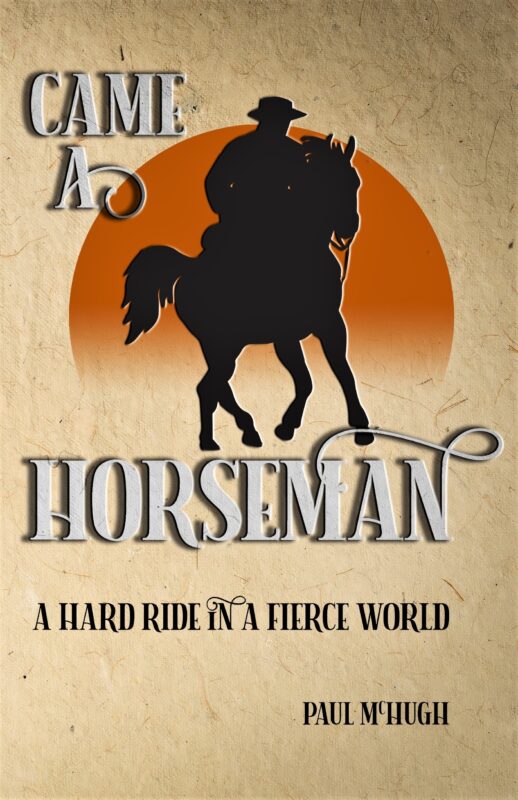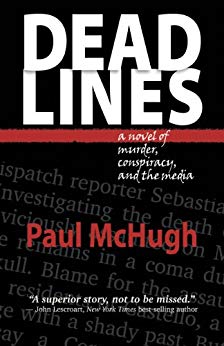California North Coast Series: A Kayak Adventure
By Paul McHugh, Outdoors Writer
September 27
Navigation does not deal in absolutes. It always must include some accommodation, a bit of adjustment.
In planning this voyage, I began by unfurling coastal charts on my living room table at home several months earlier, then making color-coded lines with ruler and protractor to figure out compass bearings and ideal travel schedules.
Next, I hit California coastal highways and byways to do some “ground-proofing” – scouting along the actual shoreline sites we would pass. As I did so, I entered some major waypoints on my mapping GPS device for later use. Back home and working on the charts once again, I calculated some bail-out points: spots where we could make emergency landings on shore if the weather turned bad, or the voyage otherwise didn’t run according to any of my plans.
So far, so good.
We’d covered about half of our planned 400 miles, and I’d not made too many mistakes. Sure, a trio of unseasonable gales had sucker-punched my original schedule, which had called for us to achieve a sedate average of about ten miles of paddling per day. We’d indeed attained that average, but only by holing up in various ports for days on end, and then making long, arduous sprints amid our few open windows of reasonable weather.
A Cause for Regret
However, I discovered on the day that we paddled away from the Sinkyone Wilderness that my absolute worst navigational choice had been made l-o-n-g before our boats had even been launched. See, I had invited a pair of expert sea kayakers (Weed and Barnes) to accompany me on the trip, so that we could together constitute a strong team, with redundancy in skill-sets. In order to show these guys all the respect they deserved, I voluntarily offered up a single over-arching operational principle for our entire trip: that I’d not necessarily be the one in command. That each of us owned a vote. Consequently, the pair of them acting together could, if they wished, outvote me.
But then they proceeded to do exactly that and… I must admit, I didn’t like it much. A night in the woods was taken away from me. You see, I love wilderness, and hope to soak in it or a good long while at every chance I get.
And on our voyage away from our camp at Little Jackass Creek, another chance cropped up at Usal Beach just a couple miles south, and a last chance appeared at Rockport Beach, a few miles south of that. The swell wasn’t bad, just four feet at eleven seconds, but Usal Beach was steep and none of us were in a mood to take any sort of pounding. However, the Rockport litoral was far more sloping and sheltered. It looked like an ideal spot for us to land, as well as a refuge where I could absorb my final dose of relatively untrammeled nature.
I proposed we land and set up camp. Weeds and Barnes combined forces to outvote me. They were eager to push on to Westport, a place where Highway 1 rejoined the coast, and the noise of cars and trucks on a road would intrude on the rhythmic crash of waves and the unsteady sigh of wind that had been for days our uninterrupted companions.
To my chagrin, I found that I’d been outvoted. And so, our team paddled onward.
Cape Vizcaino, a Maritime Outpost

The rugged, isolated and wild Cape Vizcaino and its cave. Photo by Paul McHugh.
I consoled myself with a long paddle through a sea cave at Cape Vizcaino. This rocky offshore promontory was named for an early explorer of this shore. Huge, flat, Isolated, abundantly frosted with guano and fringed by moss and mussels, the cape likely looks just as it did centuries ago, when the great captain sailed by.
As the miles passed and the highway drew nigh, we experienced a thinning of sunlight accompanied by a swelling of fog. Skeins of mist drifted steadily down out of that fogbank in a cool, light rain that gradually permeated everything we wore. Amid folds of that loose grey curtain draped above the sea, I picked out the end of Westport Beach, on the north side of Wages Creek. A month earlier, I’d made a reservation so we could use camping spots at the RV park here. We coasted in, landed.
I exited the cockpit and soggily squelched up to the front office to pay our fees. My money might’ve been damp, but it was accepted with alacrity.
Suddenly we were linked back up to 21st Century reality in the forms of functioning credit cards, plug-in electricity, available flush toilets, plus a snack-on-rack that was conveniently located right next to a cash register.
Camp at Westport Beach

Chilled and dampened by heavy fog, Paul McHugh lands at Westport Beach. Photo by Michael Maloney, S.F. Chronicle.
Weed and I elected to camp as remotely as possible, on a sliver of beach located up on the north side of the creek. A stiff breeze had sprung up, and we tilted up a solitary picnic table as a windbreak, to keep the rainflies on our tents from fluttering. Barnes elected to camp further inland, where he would have nearer access to a payphone.
(NB: This was in 2005, but even then payphones were rapidly growing more rare. Good cell phone signals in these lightly populated parts were also sparse. And Barnes had mentioned that he had a couple of romances to juggle. Do I suspect this situation bore some influence on his vote not to stay at Rockport? That he maybe had to make a few calls to sort out his women? Nah…)
After brewing up soup for dinner, I sat cross-legged in my tent. There, with only the faint glow of a candle lantern to illuminate my laptop’s keyboard, I wrote another report to file for The Chronicle. That accomplished, I flopped over onto my sleeping bag and swam quickly into slumber.









